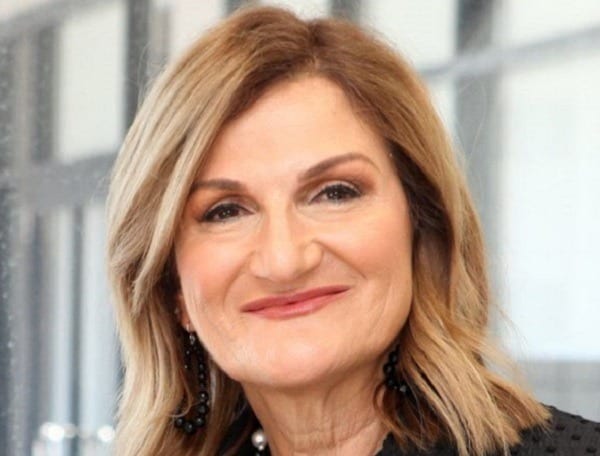But one vulnerable, yet formidable, part of the sisterhood is still missing out.
People born in a non-English speaking country have similar rates of disability to other Australians but are about half as likely to receive formal assistance ― and more often than not, women are the ones left shouldering the burden.
Statistically, women are far more likely than men to take on intensive caring roles.
In NSW, 56 per cent of all carers and 68 per cent of primary carers are female. Women who undertake caring roles often do so without extra resources or acknowledgement. In many cases, their caring responsibilities come on top of paid employment, house work and the other roles and tasks we all juggle in our day-to-day lives.
This is now taking a toll on many women’s mental health, with research indicating female carers experience higher rates of depression, anxiety and distress than male carers. One key driver of this is a need for more support.
For refugee and migrant women, this need is particularly acute as a result of the lower rates of engagement with formal disability assistance, due to barriers including a lack of understanding of available support and the cultural stigma associated with disability and caring.
When culturally and linguistically diverse communities don’t get their fair share of disability resources, women are the ones who pick up the slack.
I’m talking about women like Ji-woo*, a mother of two who has been caring for her son with autism for nearly 30 years. A few years ago, she was left with an uncertain future, after her husband suffered a stroke and had subsequent health issues.
Ji-woo’s story has a happy ending though. She was able to access support through the SSI Ability Links NSW program, where she worked with a ‘Linker’ with extensive experience supporting people with disability from new and emerging communities, and their carers. Jiwoo was linked with disability services to meet her family’s unique needs and assisted to develop a larger support network.
Caring for someone is a powerful way of showing your love ― whether it’s a child or a parent, a friend who is sick or has disability, or someone in your wider family or community. While it’s rewarding to care for someone, we can’t ignore the responsibility that goes handin-hand with that.
At the frontline, we see a pressing need for a more comprehensive and culturally competent response from the National Disability Insurance Agency to meet the diverse needs of people with disability and their carers.
International Women’s Day this Friday is an opportunity to remember what progress we’ve made in women’s rights. But we also need to acknowledge the gaps ― the extra layer of responsibility that is on the shoulders of women from diverse backgrounds, with no requisite increase in rights.
These women are missing out on the support and resources they should have access to. In a country like Australia, they deserve their fair share.
*Name has been changed


